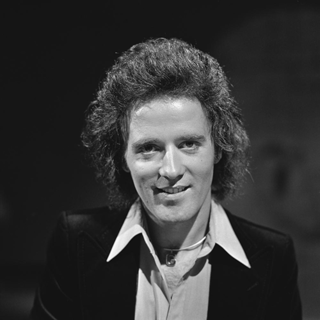A Quote by Sally Ride
Rocket science is tough, and rockets have a way of failing.
Related Quotes
Eventually private enterprise will be able to send people into orbit, but I suspect initially it's going to have to be with NASA's help. Whether it's going to be a consortium or one entity remains to be seen. I could be wrong. I could be one of the old fogies! Rocket science is tough, and rockets have a way of failing. It happens. A company has to be willing to bear the risk of its rocket failing. It's a very large capital investment.
The expense of getting into space is the rocket launch, the rocket itself. Rocket's right now, commercial rockets cost probably somewhere between $50, or $120, or $150 million per launch. And those are all expendable. That is, you've got to buy a new rocket for each launch. So, that really is the critical part. If there was some kind of really, a revolutionary breakthrough and the price of rockets fell by an order of magnitude, I mean, just imagine what that would do as far as getting access to more ordinary people.
'Tough' meant it was an uncompromising image, something that came from your gut, out of instinct, raw, of the moment, something that couldn't be described in any other way. So it was tough. Tough to like, tough to see, tough to make, tough to understand. The tougher they were the more beautiful they became.






























